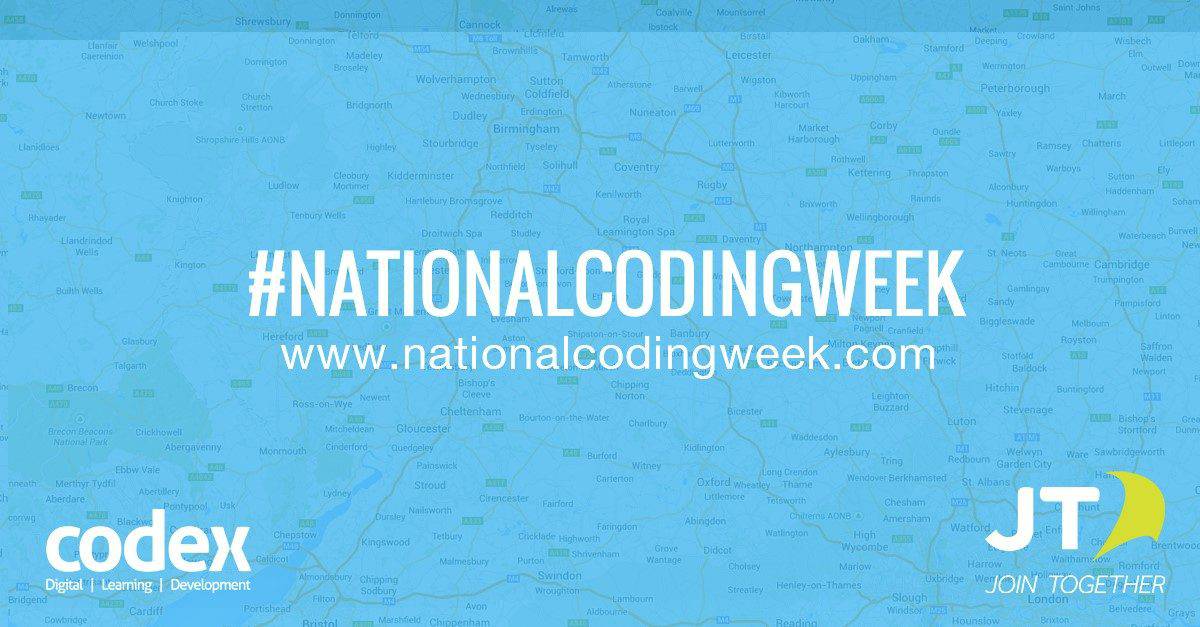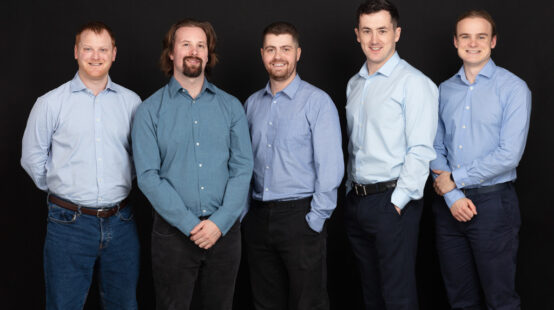
National Coding Week was asked by the Guardian Newspaper to comment on Martha Lane Fox’s Dimbleby Lecture. Article and response below.
“It’s not OK not to understand the internet anymore,” said Martha Lane Fox during her recent Richard Dimbleby Lecture broadcast live on the BBC. During the speech, the tech champion attacked the UK’s digital divide, the lack of understanding of the internet among UK politicians and the under-representation of women in technology companies. In her opinion, what is needed is a new institution – she suggests the name doteveryone.org – which could tackle these problems head on.
“Let’s create a new institution and make Britain brilliant at the internet. We need a new national institution to lead an ambitious charge – to make us the most digital nation on the planet,” she said.
Across the country, entrepreneurs took note of Lane Fox’s words. She was one of the leading lights of the first wave of dotcoms, creating Lastminute.com, along with Brent Hoberman. She remains an inspirational figure for many business people, particularly women working in the tech space. Among these is Jess Butcher, co-founder of “augmented reality” app maker Blippar, who says: “Martha’s comments around the lack of women in technology particularly resonate as, like her, I feel that technology suffers from a monumental diversity problem which negatively effects both the culture and the output of the sector.”
Lane Fox says she wants to put women “at the heart of the technology sector”. She says sexism is rife in the technology and investment industries – she experienced it firsthand when she was fundraising for Lastminute.com. One investor, apparently more interested in her personal life than the revolution she was spearheading, bluntly asked: “What happens if you get pregnant?”
For Jess Stephens, chief marketing officer at cloud messaging service SmartFocus, such attitudes are all too common. “I would go out on a limb and say that every woman who works in the tech industry has an anecdote similar to the story that Martha Lane Fox used at the start of her lecture. Inappropriate remarks based on your gender are par for the course and represent obstacles that you must overcome as woman in the tech world,” she says.
Advertisement
But if the gender imbalance in the tech industry is to be addressed by the creation of a new institution, what methods should it employ? Entrepreneur and investor Mark Pearson, who founded and sold MyVoucherCodes.co.uk, says he welcomed much of Lane Fox’s speech, but he is concerned that doteveryone.org would employ positive discrimination, which he feels is counterproductive. “No single group should be at the ‘heart’ of it,” he said. “I have twins – a boy and a girl – and I want each to grow up as ambitious and unafraid to succeed as the other. The UK won’t be brilliant at the internet until we stop trying to implement quotas and genuinely celebrate and insist upon the best from the next generations.”
The importance of addressing skills shortages was stressed throughout Lane Fox’s speech and there is little doubt that the UK has a problem. A recent report suggested the UK needs an extra 150,000 workers with digital skills every year and demand only looks set to increase.
Business owners struggling to find staff could hardly agree more with Lane Fox on this point. Jack Bedell-Pearce, managing director of data centre company 4D-DC, says he regular faces the challenge of hiring good staff: “As an employer, we’re still not seeing the relevant skills filtering through from schools and universities. We need kids with a basic knowledge of coding, networking and server infrastructure development.
“It sounds daunting but the earlier you get them thinking about IT not as a social media experience, but in terms of code, networks and connected servers, the sooner they will understand the potential of the internet.”
But the creation of a body, which is presumably publicly funded, raises many questions. Lane Fox avoided laying out a clear blueprint for doteveryone.org, although she did suggest an organisation that was entrepreneurial at heart and far removed from the culture of a government quango.
Laurie Wang, founder of women’s tech entrepreneur group W Kollective, believes this is the right way to do it. “To maximise the institution’s potential, I believe it should be innovative, adaptable and have an open architecture. Very similar to how a startup would be run, in fact, fostering the flow of creative ideas with the flexibility to adapt to the constantly evolving digital landscape,” she says.
Lane Fox expressed considerable concern about the ability of politicians, whose “lack of knowledge breeds fear”, and who are regularly haunted by the words “Government. IT. Failure”. The failure of government to get things right with IT projects leads many in the business world to wonder if a public body is the right approach.
Joe Mathewson, founder of education tech firm Firefly, says the UK internet industry doesn’t need more quangos or government institutions. “For Britain to be better on digital and for British companies to challenge the American heavyweights, we need a fundamentally non-governmental solution,” he says. “We need to create a commercial environment which encourages entrepreneurs, from school age and above, that supports digital businesses and helps them grow.”
The UK has a strong startup scene, but in global terms it lacks big hitters. Lane Fox said among the top 100 visited websites in the world, there’s only one from the UK – the BBC – which comes in at number 74. So what, then, are the chances the UK can, in Lane Fox’s words, “leapfrog every nation in the world and become the most digital, most connected, most skilled, most informed on the planet”? There are many big challenges to overcome, but most entrepreneurs believe a combination of education, greater inclusion and entrepreneurial spirit are the way forward.
However, some argue that it’s not just a matter of inspiring schoolchildren and hoping things will trickle through. Richard Rolfe, co-founder of National Coding Week, worked as a teacher until his early 50s but subsequently taught himself to code and now works with adults to help them do the same.
Rolfe says: “It is a myth that the internet, digital skills and the world of tech belong to the youngsters. There are plenty of entrepreneurs and digital professionals who have adapted to the digital revolution, but there are many who think that digital skills are hard to learn.
“If her plan is to succeed, it needs to genuinely reach out to and embrace people of all ages, all members of society.”



